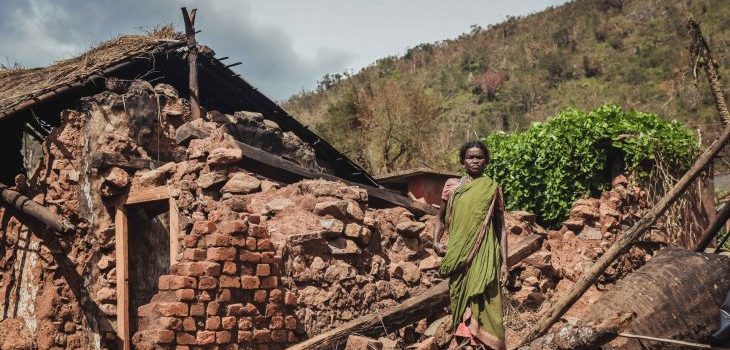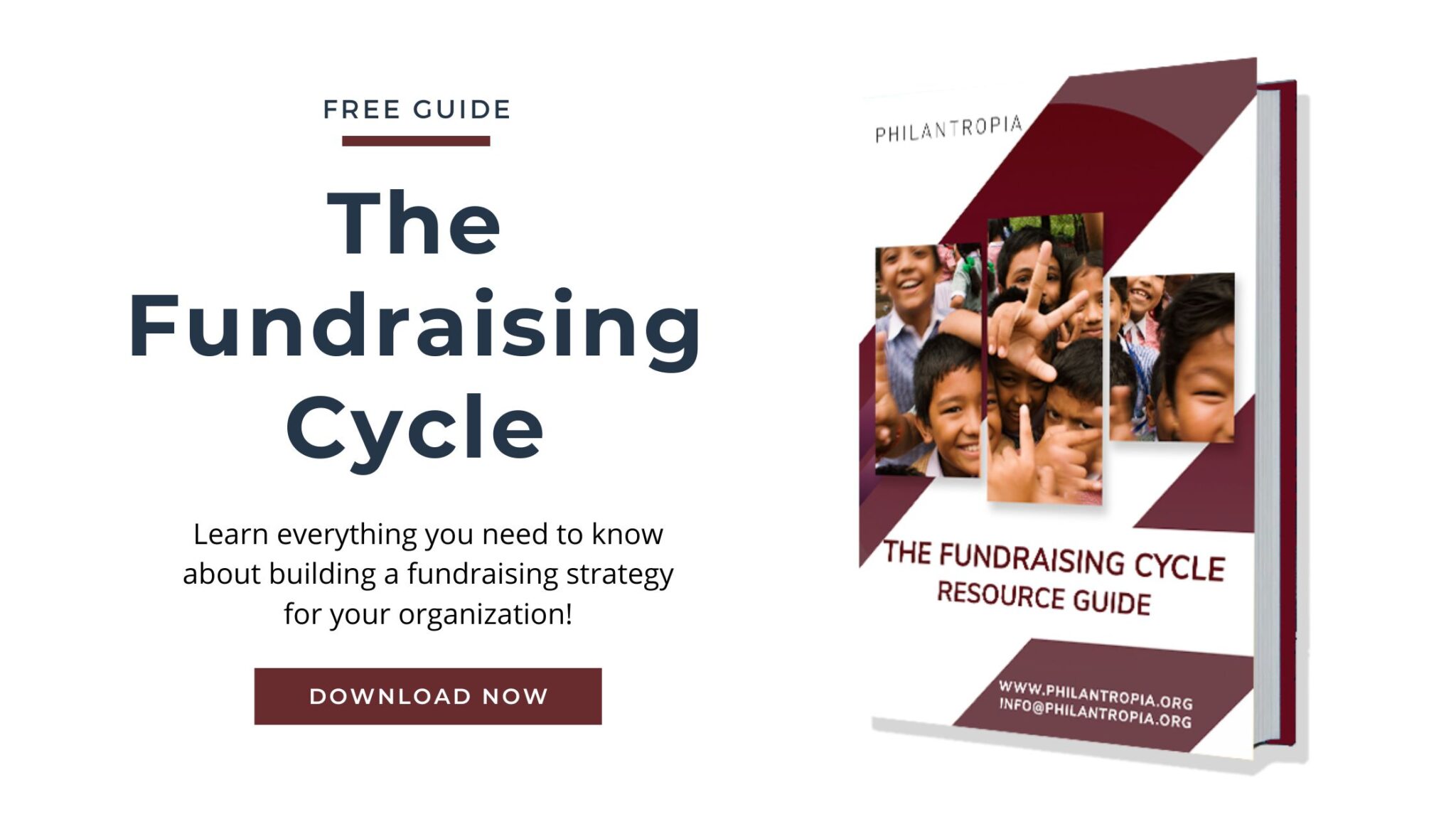In many of our articles, we have told you, that the donor will do a due diligence analysis before your NGO will be considered for a grant. But what does this actually mean? In this article, we will explain what the term due diligence means for you and your NGO and why donors think it is so important.
The term due diligence actually comes from the world of finance, where companies have to do a due diligence analysis before making important investment decisions. They are obliged to take the best decision for their stakeholders, considering all available information on the financial situation, the operational situation and other factors of the investment opportunity.
In the non-profit world, this is very similar. Before a donor invests in an NGO in form of a grant, they want to know if the NGO is a healthy organization with stable finances and a reliable work history. They have to make sure, they do everything they can to assure that the chosen partner is stable. The size of a due diligence analysis depends a lot on the donor and the grant size – the smaller the grant, the simpler the analysis.
Why does a donor do due diligence?
The aim of the due diligence process is mainly to find out if your NGO is a good and reliable partner. The donor wants to test if all the information you gave in your proposal is true and if there are any problems with your NGO. They want to know if you follow all laws if your organization is registered legally, if there are problems with corruption, and if your NGO is fiscally sound. Basically, due diligence is to assure that your organization is healthy.
The reason for this is very obvious. The donor is thinking about funding your NGO with a chunk of their money, and they want to know if they are making a good investment. In this case, the return on the investment will not be monetary but will be the success of the project. If there are any deep-rooted problems with your NGO, chances are that a project would fail.
How does a donor carry out due diligence?
The way a donor analyzes your NGO before you are considered for a grant or partnership depends a lot on the size of the grant. Many donors who give small grants only want to see your registration documents or your tax returns. In most cases, this is a very good way to find out if your NGO is operating legally. In this case, the authorities already did the due diligence by awarding you a registration certificate or a tax exemption. If you are applying for bigger grants, the process can be lengthier and more complicated. You might have to provide additional data like a financial report, a list of stakeholders, summary of the tax position, references, and access to the donor to prove your worth. In any case, you should do your best to cooperate with the donor in the process to make sure they get all the information they need to confirm your NGO is a good partner.





This is awesome, I wish I could get your assistance for our NGO to grow and help others to grow too.
I loved this article. Very insightful and well written. Thank you. How do I access the rest of the content in this article?
Dear Gretal:
Glad you found the article helpful. All of our resources on the website is free.